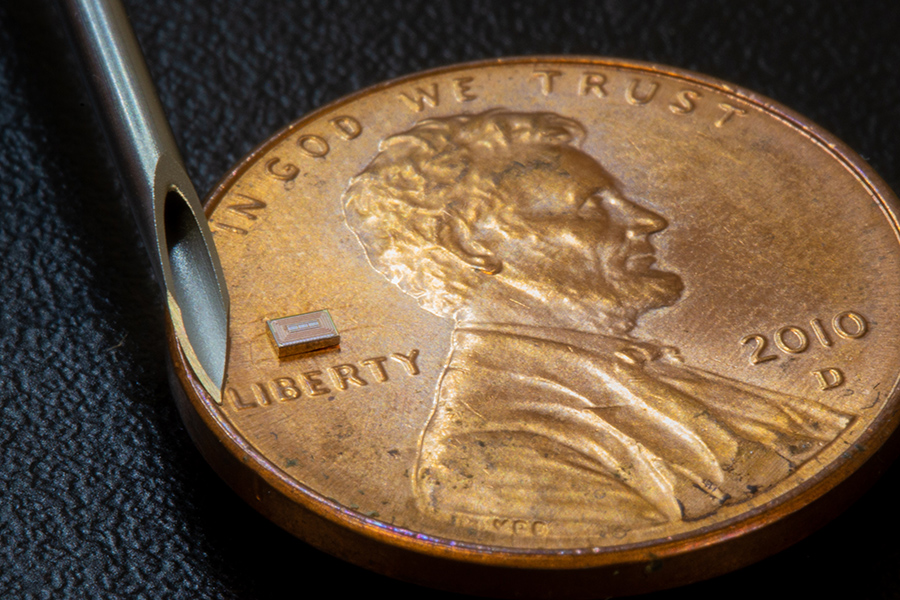
Measuring the amount of alcohol in the blood is usually done through blood tests or with a breath tester. But now researchers from the University of California built a biosensor that can be implanted under the skin and continually measure the alcohol levels. This Tiny injectable sensor can be injected beneath your skin to continuously measure alcohol levels.
A biosensor is a tool that measures various chemical substances in the body, in this case alcohol, and unlike the usual methods of measuring alcohol, this biosensor can measure completely on its own. It does not, therefore, need to analyze your breath or extract blood to provide data on you alcohol levels.
So far, the biosensor has only been tested outside the body, but the idea is that it will be implanted under the skin – injected via a syringe – in the so-called tissue fluid that surrounds the body’s cells.
The biosensor is covered in a particular enzyme, alcohol oxidase, which interacts with alcohol and together, the two substances create electrical signals.
These signals are then sent to a wireless device, such as a smartwatch with which the level of alcohol in the body can be monitored.
The chip is powered wirelessly by a wearable device such as a smartwatch or patch. The goal of this work is to develop a convenient, routine monitoring device for patients in substance abuse treatment programs.
The biosensor is primarily intended for measuring alcohol levels, but it may react to substances other than alcohol too, such as teas and other non-alcoholic beverages as well.
According to the researchers, the purpose of an implanted alcohol meter is to help people who have alcohol problems and who want to keep an eye on their intake. The next step in the biosensor’s development is to test it on live animals, but further on, it is thought that it can be used by humans.
“The ultimate goal of this work is to develop a routine, unobtrusive alcohol and drug monitoring device for patients in substance abuse treatment programs,”
– Drew Hall, an electrical engineering professor at the UC San Diego Jacobs School of Engineering who led the project.
One of the challenges for patients in treatment programs is the lack of convenient tools for routine monitoring. Breathalyzers, currently the most common way to estimate blood alcohol levels, are clunky devices that require patient initiation and are not that accurate
For future studies, the researchers are planning to test the chip in live animals. Hall’s group is working with CARI Therapeutics, a startup based in the Qualcomm Institute Innovation Space at UC San Diego, and Dr. Carla Marienfeld, an addiction psychiatrist at UC San Diego who specializes in treating individuals with substance abuse disorders, to optimize the chip for next generation rehab monitoring.
A study detailing the device was published at the 2018 IEEE Custom Integrated Circuits Conference in San Diego.
Reference:
Haowei Jiang*, Xiahan Zhou*, Saurabh Kulkarni, Michael Uranian, Rajesh Seenivasan, and Drew A. Hall at UC San Diego. A Sub-1 uW Multiparameter Injectable BioMote for Continuous Alcohol Monitoring



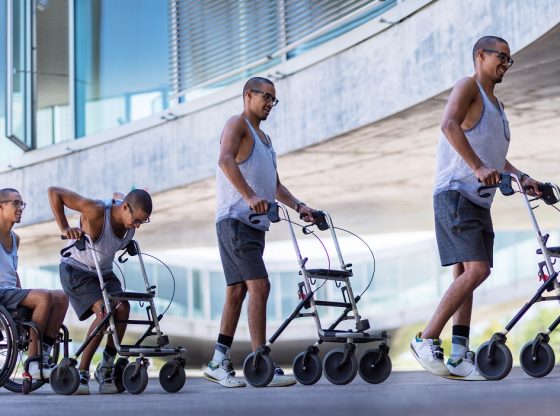


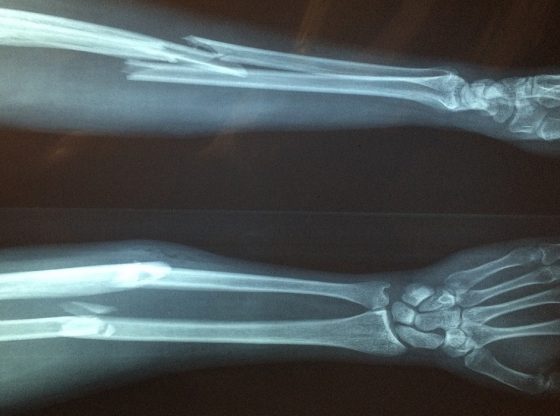
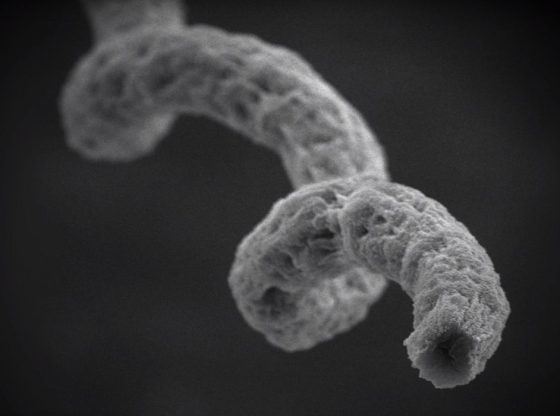
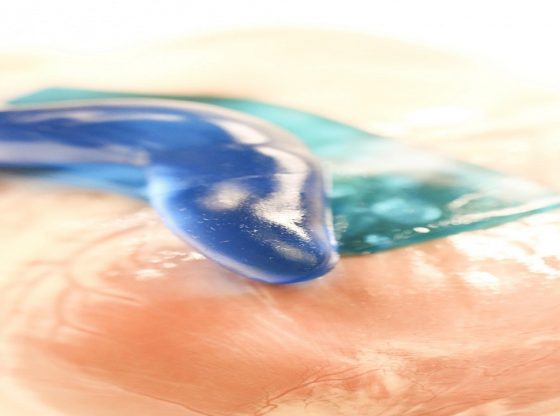
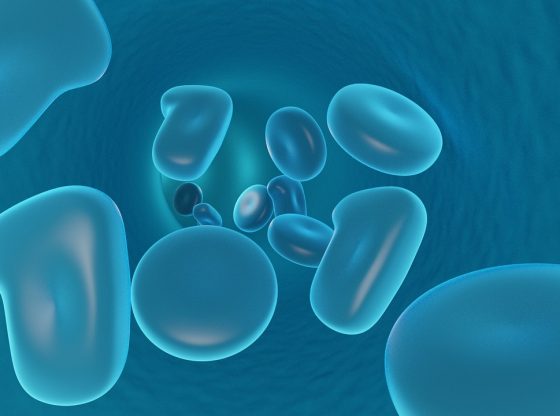
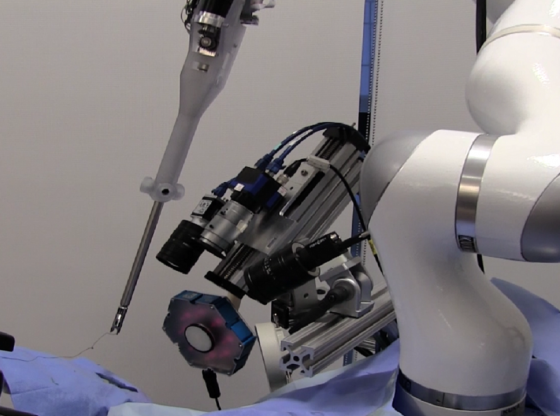
![OpenAI. (2025). ChatGPT [Large language model]. https://chatgpt.com](https://www.illustratedcuriosity.com/files/media/55136/b1b0b614-5b72-486c-901d-ff244549d67a-350x260.webp)
![OpenAI. (2025). ChatGPT [Large language model]. https://chatgpt.com](https://www.illustratedcuriosity.com/files/media/55124/79bc18fa-f616-4951-856f-cc724ad5d497-350x260.webp)
![OpenAI. (2025). ChatGPT [Large language model]. https://chatgpt.com](https://www.illustratedcuriosity.com/files/media/55099/2638a982-b4de-4913-8a1c-1479df352bf3-350x260.webp)








